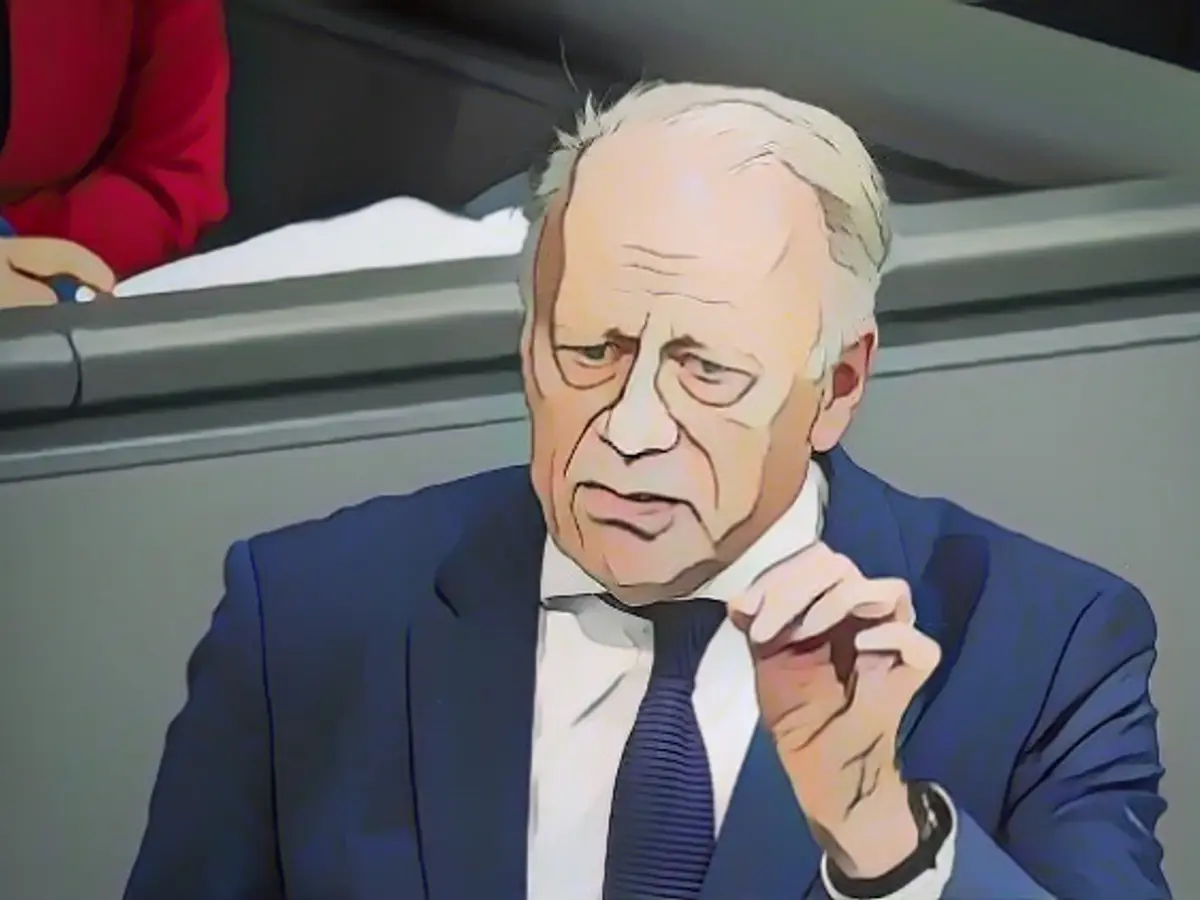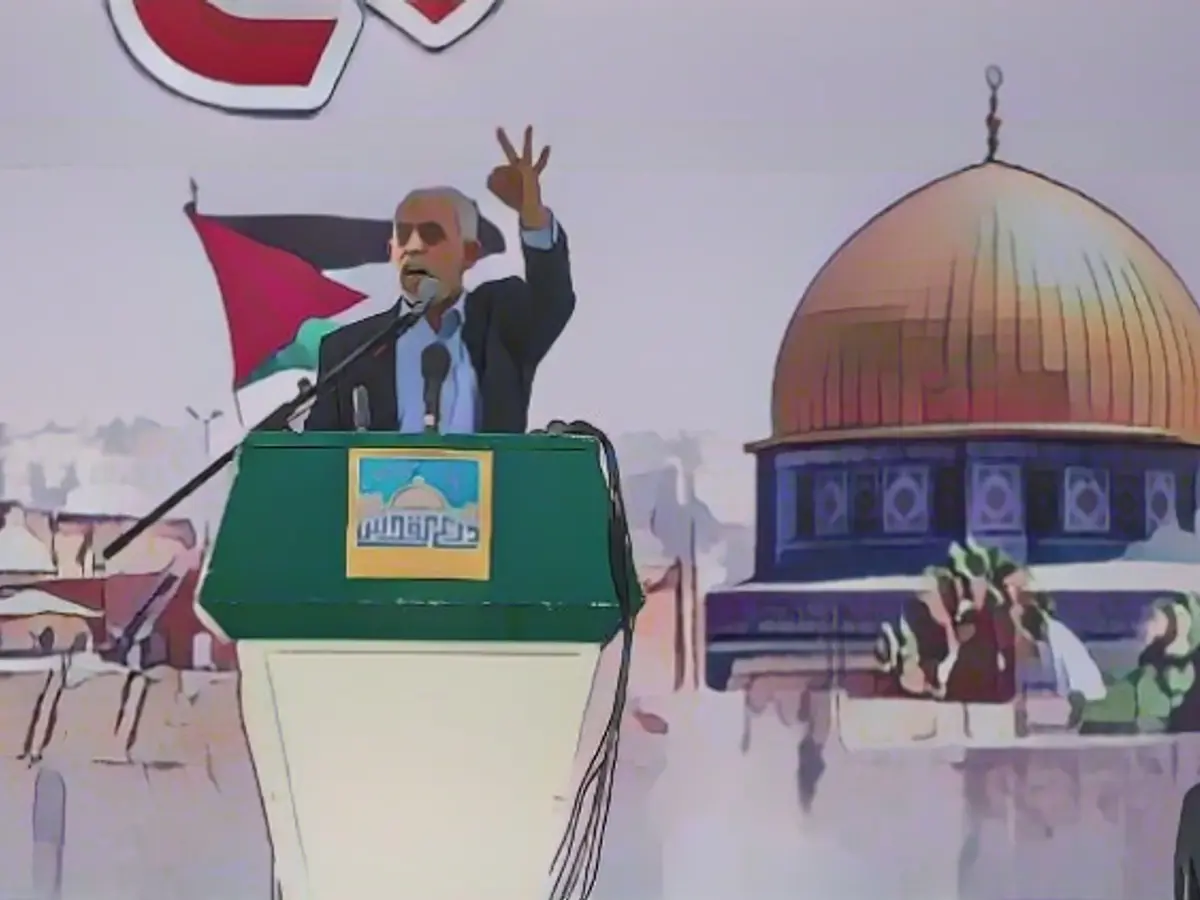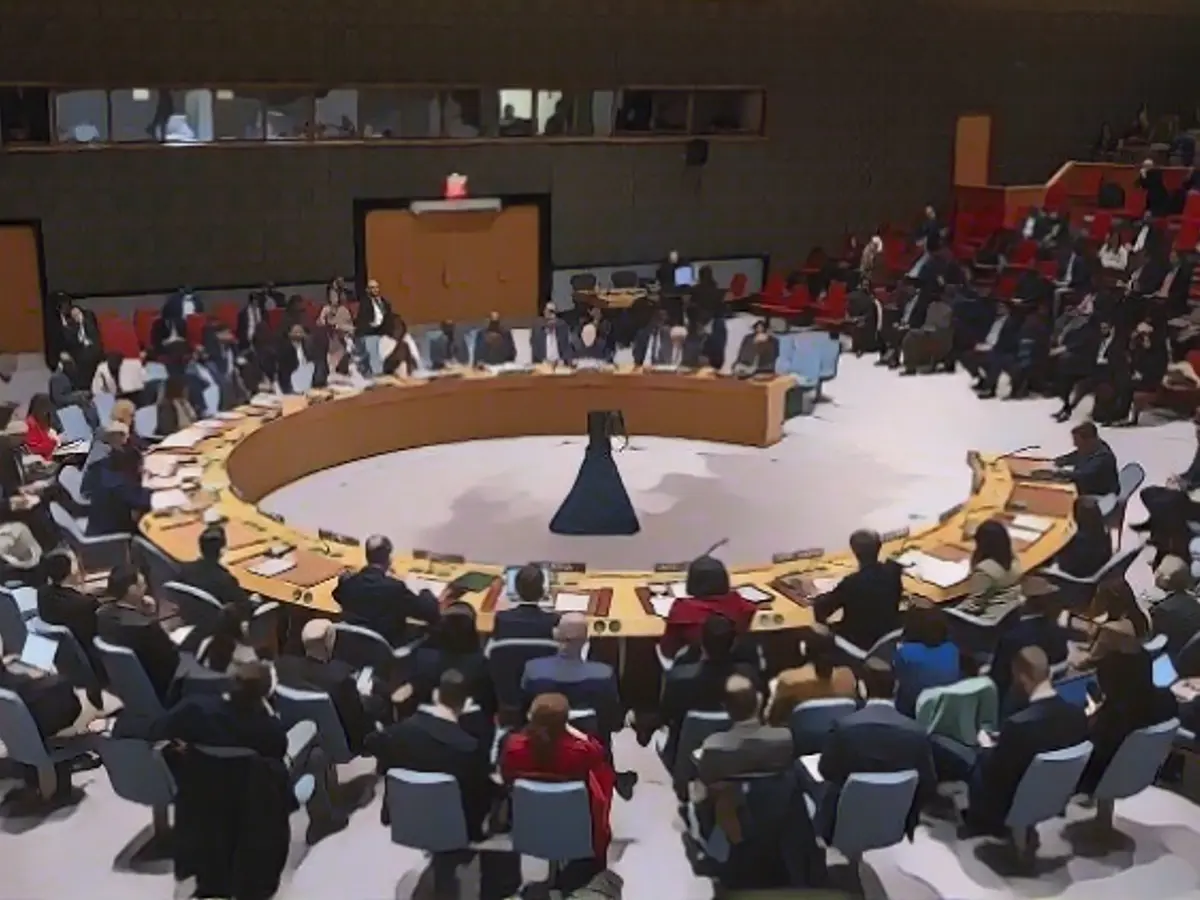Jürgen Trittin, a prominent Green Party politician in Germany, is urging Israel to reassess its strategy in the Gaza conflict, citing the potential loss of international support. This warning comes after the UN General Assembly passed a resolution calling for an immediate humanitarian ceasefire. Trittin emphasizes the importance of Israel adhering to international law during its self-defense efforts to preserve vital alliances.
Meanwhile, U.S. President Joe Biden also weighed in, warning Israel about the impact of "indiscriminate" bombardments of Gaza, which he believes could erode Israel's international standing. This concern is shared by many allies, who have responded to the conflict with a mix of support for Israel's right to defend itself and calls for a ceasefire.
As Israel navigates this complex situation, it's crucial to consider various strategies for maintaining international support:
- Humanitarian Efforts: Engaging in humanitarian aid and ensuring that aid reaches those in need can help strengthen alliances. Governments and international organizations can contribute to this effort, as France recently allocated $20 million to UNRWA.
- Diplomatic Engagement: Engaging in diplomatic efforts to address the root causes of the conflict and seeking a two-state solution is another important strategy. Many countries, including the United States, have reiterated their support for a two-state solution.
- Transparency and Accountability: Ensuring transparency in military operations and addressing allegations of war crimes can help maintain international support. This is a complex issue, with the Biden administration being critical of the ICC's decision to apply for arrest warrants for Israeli leaders.
Remember that these strategies should not be seen as a replacement for Israel's right to self-defense but rather as complementary measures to preserve international alliances. By considering these strategies, Israel might be able to navigate the conflict while maintaining its international relationships.








